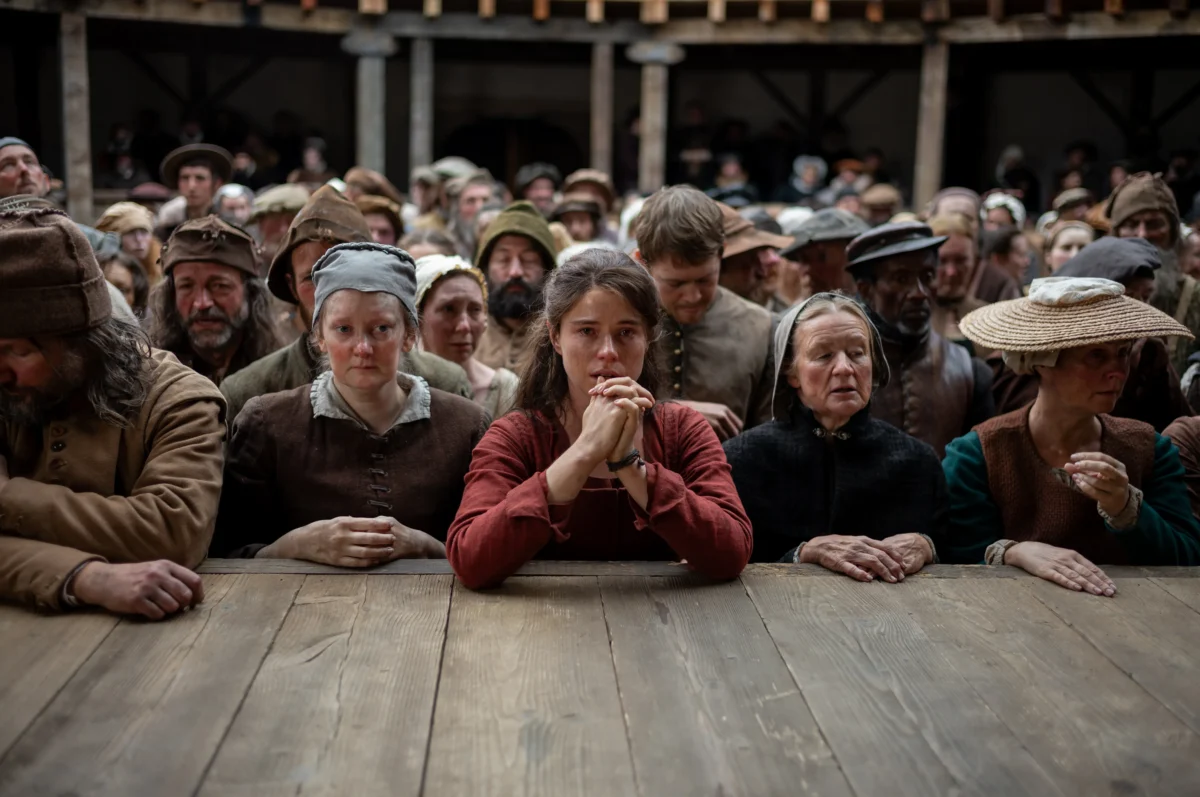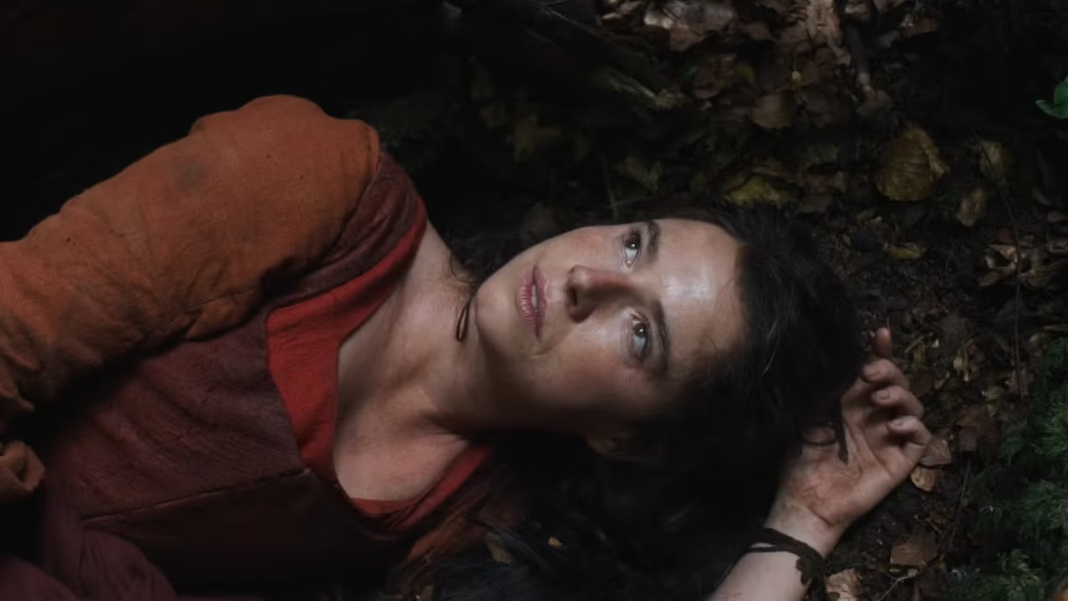This year’s Telluride Film Festival gave me a newfound appreciation for two filmmakers whose previous work I hadn’t fully connected with. One of them is Chloé Zhao. I know what you might be thinking: “Scott, how can you be an awards pundit and not admire the true independent spirit of Nomadland?” It’s not that I thought Nomadland was poorly made, but it just wasn’t a film I connected with in any meaningful way. Then Zhao followed it up with Eternals, which, let’s be honest, wasn’t her strongest work.
So when it was announced that Zhao would be adapting Maggie O’Farrell’s bestselling novel Hamnet, I was curious but cautious. I didn’t see it until the final Telluride screening on Monday evening, by which point it was already the talk of the festival. Everyone seemed to be raving about it, and I walked in nervous that this could turn into another Nomadland situation for me. Thankfully, it wasn’t.
Hamnet is based on O’Farrell’s novel, which was also adapted into a stage play in 2023. The story, while fictionalized, centers on William Shakespeare (Paul Mescal) and his wife Agnes (Jessie Buckley) as they cope with the death of their 11-year-old son, Hamnet.
Zhao’s passion for the material can be felt in virtually every frame. She honors the source material while putting her own poetic stamp on it, exploring unconditional love and unforgettable loss in a way that feels raw, empathetic, and devastatingly human. The film embraces simplicity with a script, co-written by Zhao and O’Farrell, that is light on dialogue and plot, proving the old saying that less is more. By focusing on a handful of characters, the film draws the viewer deep into their individual perspectives and the different ways grief can impact someone.

Jessie Buckley delivers a tour-de-force performance, allowing her entire heart and soul to be on full display. Her portrayal of Agnes is honest, raw, and utterly heart-wrenching. In the second half, as Agnes’s emotions begin to overwhelm her, the film becomes almost painful to watch due to the way that it captures grief so truthfully. Buckley’s work here feels otherworldly, and it’s quite fascinating to learn that she took on this project right before becoming a mother herself.
Paul Mescal, meanwhile, gives one of his finest performances since Normal People. Though more understated than Buckley, his restraint provides a perfect counterbalance. His William is often absent, traveling for work, which allows the narrative to remain centered on Agnes. Still, Mescal makes a lasting impact in his moments onscreen.
Visually, the film is exquisite. Cinematographer Łukasz Żal crafts images that complement Zhao’s meditative style, while Max Richter’s score is subtle but devastatingly effective, hitting at just the right moments to heighten the pain that Agnes Is feeling. The use of natural sounds such as wind, water, rustling leaves also deepens the immersive quality of the setting and mirrors the characters’ inner psyche.
I don’t think I will be alone on this but I believe that Hamnet is Zhao’s finest work to date. It is a profoundly moving piece of cinema destined to spark awards buzz over the next six months, and it cements Zhao as one of the most distinctive and sought-after filmmakers working today. For anyone who values the art of filmmaking and storytelling, Hamnet is an absolute must-see. It is one of the best films of the year.
Grade: 8/10
Awards Buzz: My gut is telling me that Hamnet is a Best Picture frontrunner alongside Sentimental Value. Along those same lines, I do believe that the film will receive multiple nominations with Jessie Buckley for Best Actress, Paul Mescal for Supporting Actor, and Chloe Zhao for Directing. It is also quite possible the film will see a few below the line nominations for cinematography and score.



